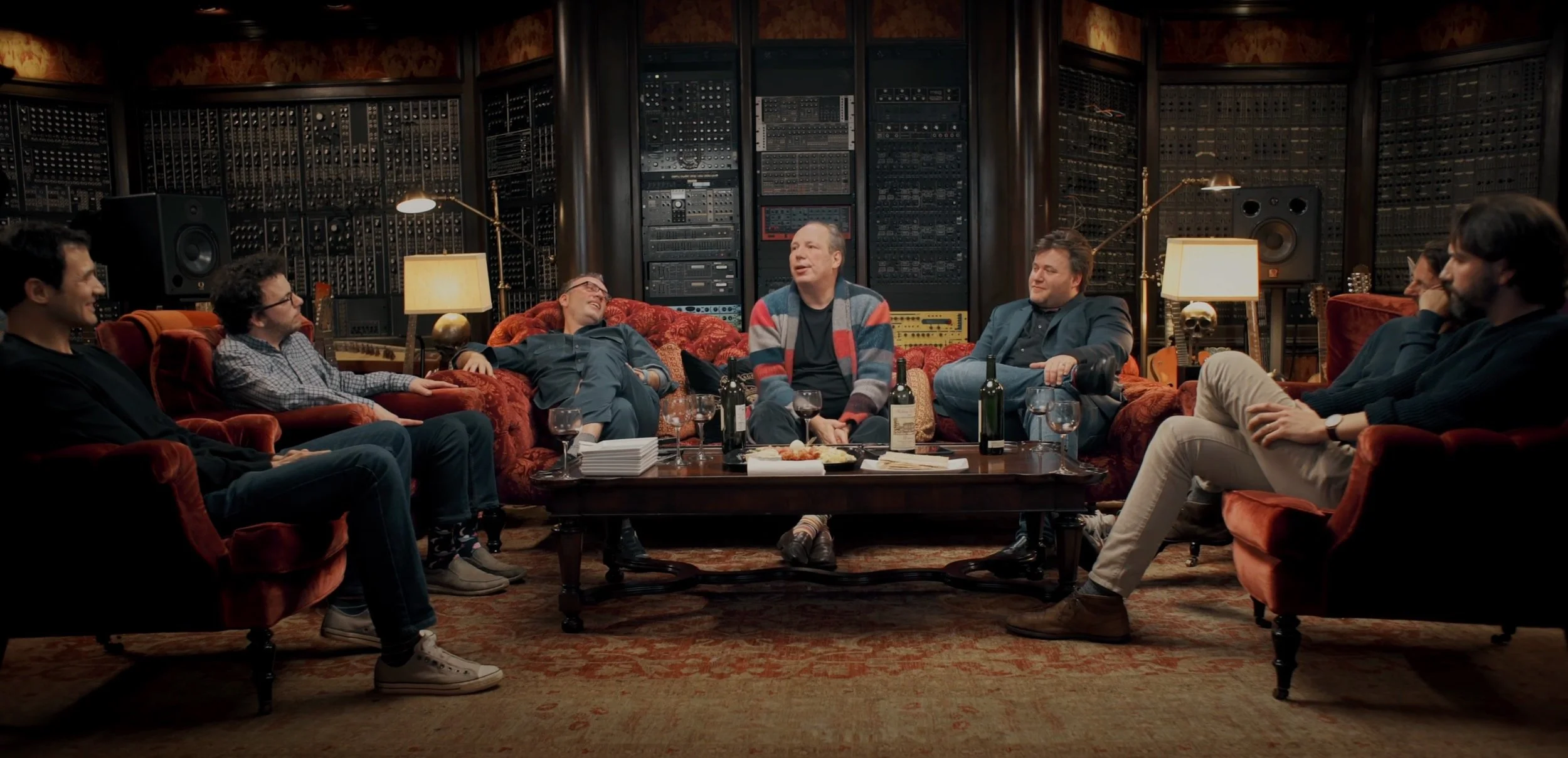Two quick words of wisdom for you today, from Marcus Aurelius.
“Stop letting yourself be pulled in all directions.” (Meditations 2.7)
Know your life’s purpose: “People who labor all their lives but have no purpose to direct their every thought and impulse toward are wasting their time—even when hard at work.” (Meditations 2.7)
Don’t be distracted this week. Take action to extract yourself—kindly but firmly—from commitments that pull you away from your purpose.
Mark
P.S. A great way to find your purpose, or to keep your focus on it, is to journal about it every day.
Read More





![How to Create a QR Code: Two Quick and Trusted Methods [Video]](https://images.squarespace-cdn.com/content/v1/53973821e4b0c9003b631e5b/1696547698099-T2OJATUWVM2MEAXXZOGR/Screenshot+2023-10-05+at+4.14.39%E2%80%AFPM.png)












